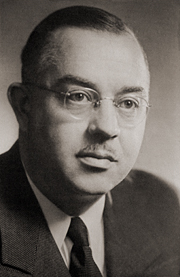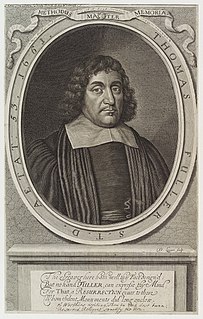A Quote by Samuel Taylor Coleridge
Heart-chilling superstition! thou canst glaze even Pity's eye with her own frozen tear.
Related Quotes
I am ever Thine. If Thou cast me out, who shall take me in? If Thou disregard me, who shall look on me? More canst Thou remit, than I commit; more canst Thou spare, than I offend. Let not hurtful pleasures overcome me; at the least let not any perverse habit overwhelm me; From evil and unlawful desires; From vain, hurtful, impure imaginations; from the illusions of evil spirits; from pollutions of soul and of body; Good Lord, deliver me.
It seems that wherever the Welfare State is involved, the moral precept, "Thou shalt not steal," becomes altered to say: "Thou shalt not steal, except for what thou deemest to be a worthy cause, where thou thinkest that thou canst use the loot for a better purpose than wouldst the victim of the theft."
If with love thy heart has burned; If thy love is unreturned; Hide thy grief within thy breast, Though it tear thee unexpressed; For when love has once departed From the eyes of the false-hearted, And one by one has torn off quite The bandages of purple light; Though thou wert the loveliest Form the soul had ever dressed, Thou shalt seem, in each reply, A vixen to his altered eye; Thy softest pleadings seem too bold, Thy praying lute will seem to scold; Though thou kept the straightest road, Yet thou errest far and broad.



































